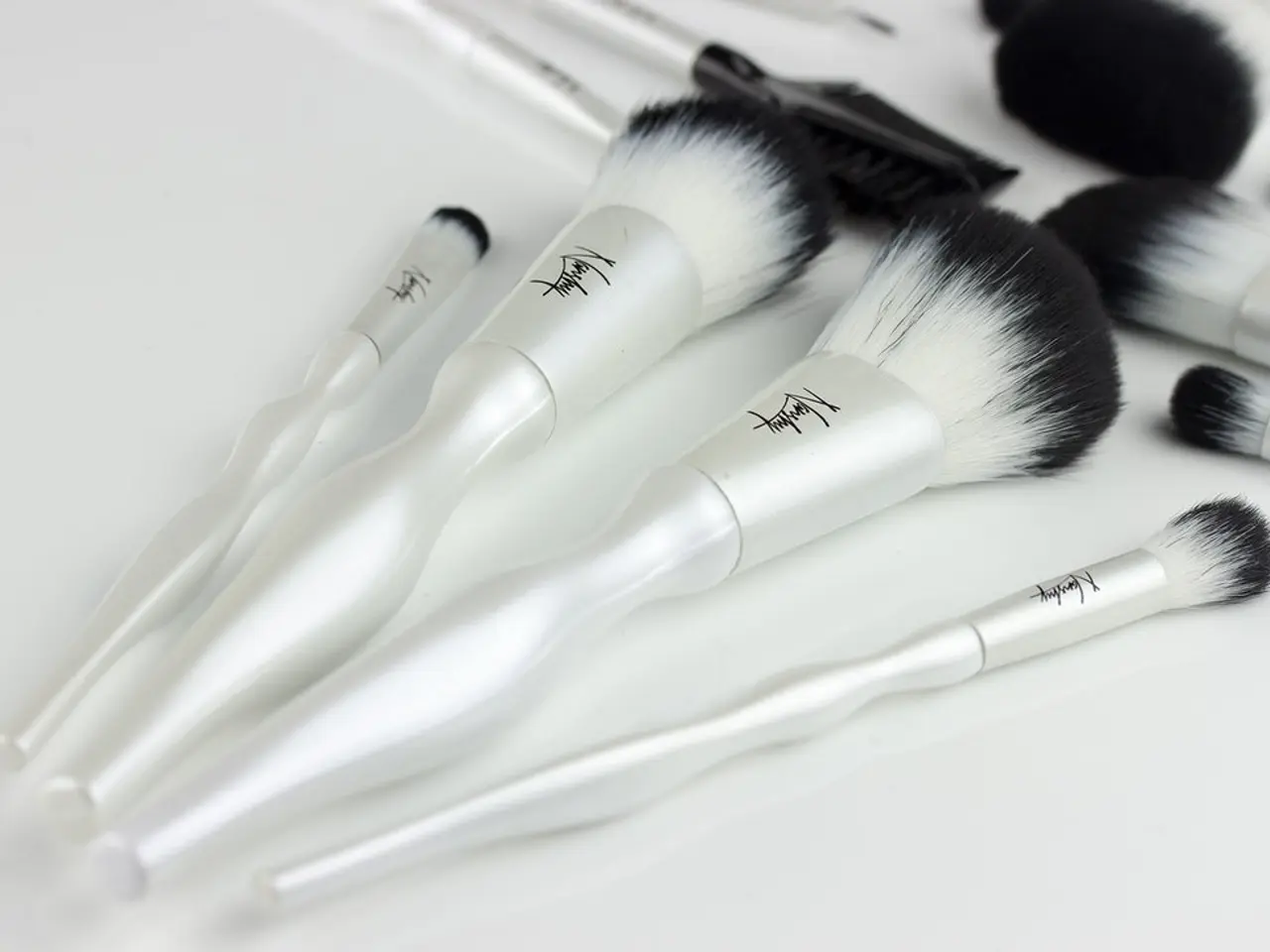Exploring the Influence of Glycation on Skin's Ageing Process
## Diet, Skincare, and Lifestyle Strategies to Combat Glycation
Glycation, a process that occurs when sugars attach to proteins or lipids without the control of an enzyme, is a significant contributor to skin aging. Advanced Glycation End-products (AGEs) formed during this process can damage proteins like collagen and elastin, leading to wrinkles, sagging, and loss of skin resilience. To combat glycation, a combined approach involving diet, skincare, and lifestyle modifications is essential.
### Dietary Strategies to Prevent and Mitigate Glycation
A key dietary strategy is to limit sugar intake, especially high-glycemic index foods and added sugars. Reducing sugar consumption reduces the fuel for glycation, thereby slowing down the formation of AGEs. Consuming foods rich in antioxidants, such as blueberries, green tea, dark chocolate, citrus fruits, berries, and vegetables, can help combat oxidative stress, which accelerates glycation and collagen breakdown.
Collagen formation requires vitamin C, glycine, proline, and hydroxyproline. Ensuring adequate intake of vitamin C (75–90 mg daily from citrus, berries, and vegetables), collagen-supportive nutrients, and amino acids can help maintain healthy skin. Omega-3 fatty acids, found in fish oil or fatty fish, are essential for maintaining skin barrier function and reducing inflammation, protecting existing collagen.
Targeted supplements, such as Skinbetter Science BioRewind and formulations like Glycura™, can help combat glycation by neutralizing reactive sugars and preventing AGE formation.
### Skincare Strategies to Prevent and Mitigate Glycation
Topical antioxidants, like vitamin C (10–20% L-ascorbic acid), protect collagen from free-radical damage and stimulate new collagen production. Retinoids, such as tretinoin 0.025–0.1%, boost collagen synthesis, improving skin firmness and reducing fine lines. Peptide-containing creams signal skin repair and collagen production at the cellular level.
Advanced anti-glycation products, like SkinCeuticals A.G.E. Interrupter Ultra Serum, are formulated to directly target glycation, helping to prevent cross-linking and structural damage to skin proteins.
Daily application of SPF 30+ sunscreen is crucial, as UV exposure accelerates both glycation and collagen breakdown. Moisturizers with hyaluronic acid and ceramides maintain hydration and support skin barrier function, improving skin resilience and firm appearance.
### Lifestyle Modifications
Engaging in stress-reducing activities, such as meditation or yoga, can help lower cortisol levels, which can accelerate collagen breakdown and thus skin aging. Aiming for 7–9 hours of quality sleep nightly is essential, as growth hormone released during sleep is crucial for tissue repair and maintaining skin health. Maintaining adequate hydration (35 ml per kg body weight daily) supports cellular function and skin elasticity.
Avoiding smoking and excessive alcohol intake can significantly benefit skin health, as smoking accelerates glycation and is a major contributor to premature skin aging.
### Summary Table: Key Strategies Against Glycation
| Strategy | Dietary | Skincare/Topical | Lifestyle | |-------------------------|----------------------------------|-------------------------------|---------------------------------| | Glycation Prevention | Low sugar, antioxidants, omega-3 | Vitamin C, retinoids, peptides | Sun protection, no smoking | | Collagen Support | Vitamin C, bone broth | Peptides | Sleep, hydration | | Repair/Anti-AGE | Specific supplements (BioRewind, Glycura™) | A.G.E. Interrupter Serum | Stress management |
### Conclusion
The most effective approach to combat glycation-related skin aging is a combined strategy. Minimize dietary sugars and maximize antioxidant intake, use targeted supplements and topical antioxidants, retinoids, and peptides, practice diligent sun protection, hydration, and stress management, and consider advanced anti-glycation skincare products for both prevention and mitigation of glycation-related skin aging.
The combined approach to combat glycation-related skin aging involves a low sugar diet, rich in antioxidants and omega-3 fatty acids, use of topical antioxidants like vitamin C and retinoids, diligent sun protection, regular stress management, and the incorporation of advanced anti-glycation skincare products such as SkinCeuticals A.G.E. Interrupter Ultra Serum, Skinbetter Science BioRewind, and peptide-containing creams. Consumption of vitamin C, bone broth, and regular hydration support collagen production, while avoiding smoking and excessive alcohol intake can significantly benefit skin health.




